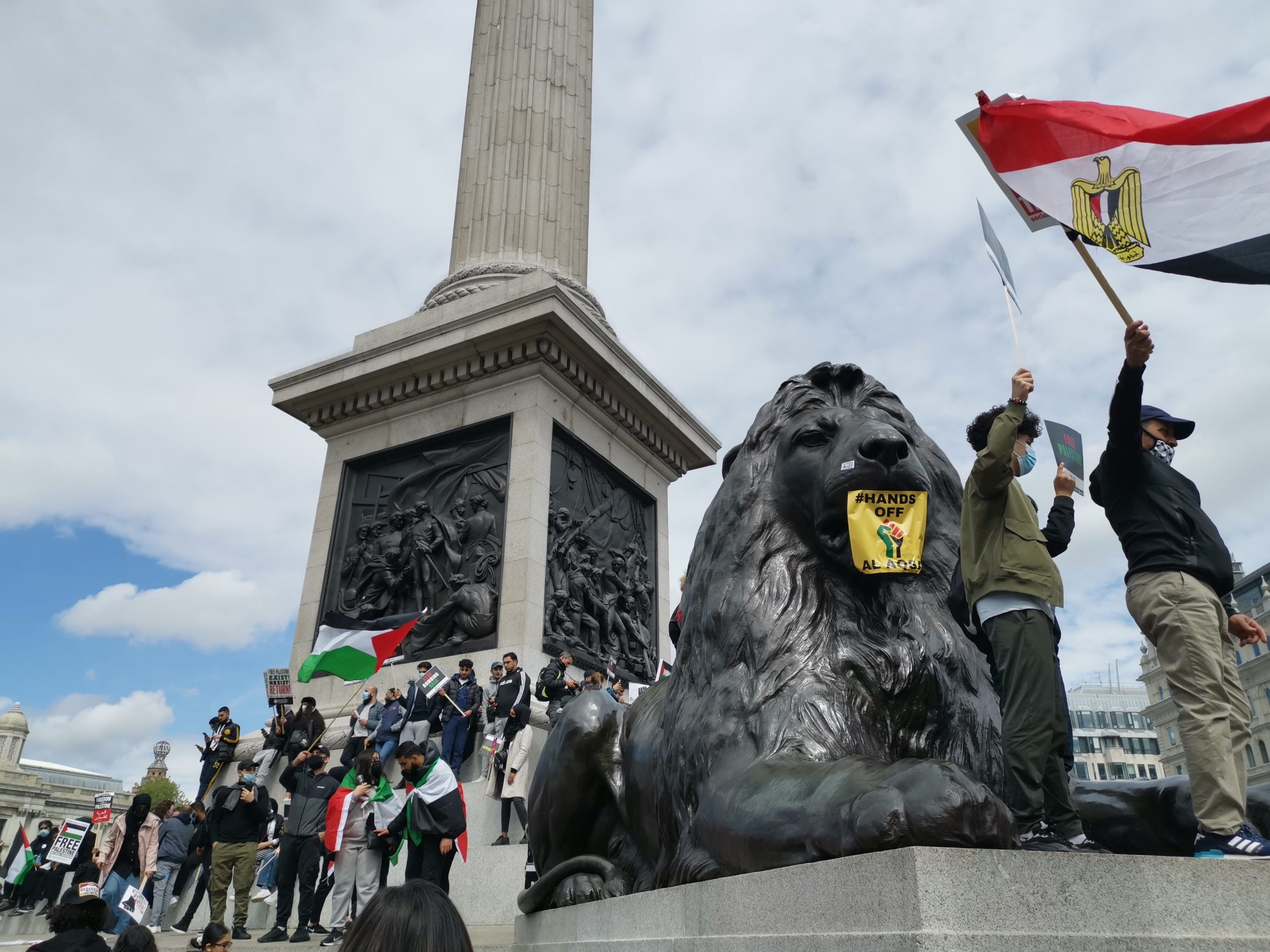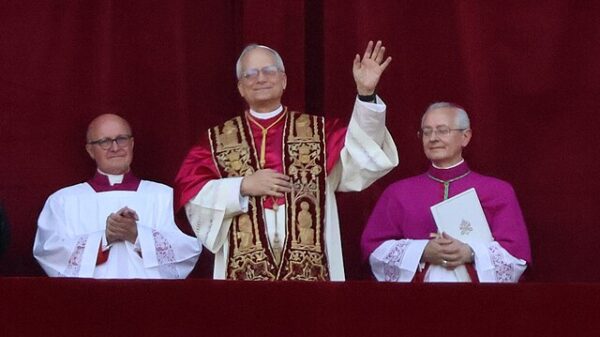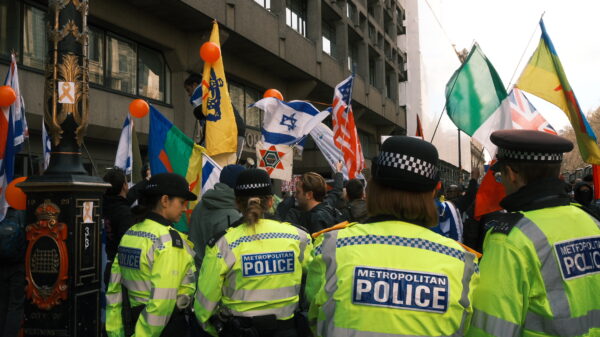Roar writer Aman Patel on the role of religion and nationalism in the Israel and Palestine conflict.Â
Mid-May has seen conflict again erupt between Hamas and the Israel Defence Forces. What started as a raid on the Holy Al-Aqsa mosque in Jerusalem on the holiest night of Ramadan resulted in over a week of rocket firing from both sides, claiming the lives of at least 227 in Palestine and 12 in Israel. Palestinian civilian casualties have spurred multiple rallies and protests in London and around the world in support of the Palestinian people.
Roar writer Violeta Fernández was on the ground at the Pro-Palestine rallies asking protesters for their thoughts. Passions were running high, with one person claiming that Israel’s actions are “not human”. Another protester told Violeta that the Israeli forces hold a “deep-rooted hatred for Muslims and Islam”, a claim with evidence in the rhetoric of many right-wing Israeli officials. Emotions have also been also running high within the Jewish community, with the Zionist Federation calling for a pro-Israel rally in response to a 600% rise in incidents of Anti-Semitic hate crimes in the UK. Passions for the Palestinian cause have, as they ever do, unfortunately, transformed into awful Anti-Semitic abuse. Both sides feel that the other is acting in the name of prejudice, whether it be Anti-Semitism or Islamophobia. This begs the question: what is the role of religion in the Israel-Palestine issue?
Some may say that posing this question is pointless since it is seemingly obvious why religion and nationalism combine in a potent and violent cocktail in the Israel-Palestine conflict. However, the fact that it seems intuitive and obvious is the exact reason we need to examine it. Something being obvious is simply code for it being blindly accepted.
Throughout all of human history stories like religion and nationalism have been used to allow people to grow and prosper, but also for more sinister motives. Religious stories enable people to find kinship with each other and provide answers to questions larger than the individual. Nationalist stories bound unprecedented numbers of people to form nation-states. The thing is, over history, these stories have been told together. As historian and author Yuval Noah Harari puts it, religion needs the state. This has taken many forms throughout history, whether it be Islamist theocracy in Iran or the Church’s role in the UK. This combination allows millions of people who are bound by nationalist identity to also be galvanised by an appeal to a higher power. This is a potent cocktail and its potency is exactly why religions and states have been intertwined throughout history. However, as many readers may know, a potent cocktail is not necessarily a good one.
What makes Israel unique is that this young state did not need to mix religion into this cocktail. Zionism was a pre-mixed cocktail of stories that speaks to the re-establishment of a Jewish state in the Holy Land. Harari explains that the Zionist story encourages the individual Israeli citizen to protect the purity of the Hebrew language, fight to regain that lost ancient territory and perhaps even have children who will also grow up to be loyal Israelis. Zionism is one of the most potent cocktails of religion and nationalism in the modern world. The most potent cocktails have effects that last a long time. But rather than for one hazy Saturday night, the Zionism story lasts far longer than an individual’s life. It speaks to the eternal glory of the Israeli state, Jerusalem and the Jewish people in general. The key here is eternal glory; this is, a glory that far outlasts an individual’s life and is, therefore, greater than the individual. The result of Zionism is to create the impression that the secular state of Israel and the religion of Judaism cannot be separated. Without Israel, Judaism cannot exist, and the same goes the other way.
For all their differences, the ideology of Hamas is not that different to Zionism in its core ideas. Hamas also blends nationalism and religion, although to use the cocktail metaphor may be a little ironic here. Hamas is an Islamist movement that was originally born as an offshoot of the Muslim Brotherhood. It seeks to reclaim ancient Palestinian land where it would seek to establish an Islamic state. So in essence, just like the Zionists, Hamas seeks to reclaim ancient land in the name of God. Just like the Zionist story, it outlasts the life of an individual, galvanising him or her to a cause greater than themselves. What is really interesting here is the comparison between Hamas, which controls the Gaza Strip, and the Palestinian Authority, which controls the West Bank. The Palestinian Authority is a non-religious secular organisation that uses negotiation with Israel instead of military conflict. Instead of using religious grassroots activism like Hamas, The Palestinian Authority relies on its international backing. Secular international legitimacy simply cannot match Israel’s Zionism or Hamas’s Islamism. This is why the Palestinian Authority has seen a decline in support in recent years.
So let’s return to the question that we posed: why does religion matter to the Israel-Palestine issue? Religion matters to the issue because both sides use religion to galvanise their populations to fight for territorial sovereignty. Israelis and Palestinians alike are told that the contested territory is both holy and eternal. Therefore, the fight for this territory a cause far greater than the individual that is in service to both their fellow countrymen and God. Both sides are intoxicated on this potent cocktail and as long as this is the case, a solution will continue to evade the international community.
King's College London. Award-winning student newspaper, a platform to share your story, and a publication that holds entities accountable when no one else dares.















